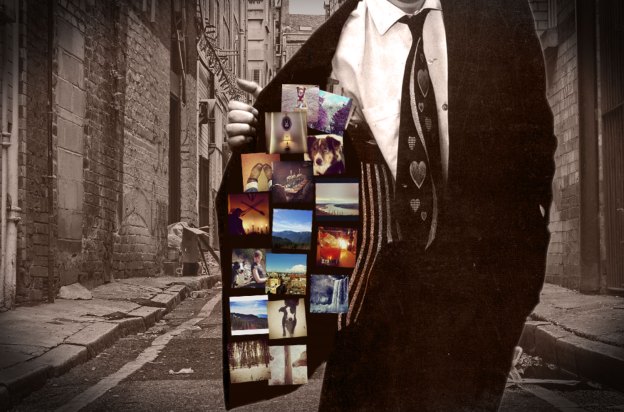
The U.K. has just passed a bill that puts Instagram – as well as Facebook or Flickr – images up for grabs. The bill in question is called the Enterprise and Regulatory Reform Act 2013, and the clause that’s a cause for genuine concern is the “Orphan Works and Extended Collective Licensing Clause 79,” and according to The Register, which is calling it the “Instagram Act,” it means that photos whose owners cannot be found can be used by anyone.
Here’s the section of the bill that’s of concern:
“The Secretary of State may by regulations provide for the grant of licences in respect of works that qualify as orphan works under the regulations.”
At one end of the spectrum, a non-profit organization like The Cultural Heritage Sector would benefit from the bill. It would be able to digitize its collection of photographs without having to actively search for every owner of every single photograph, says Stop43, an organization that’s been fighting the “Orphan Works” clause. And to cut down on the required man-power, it could purchase an “Extended Collective License,” which works as a blanket license that doesn’t require them to immediately find the owners of the photos. But that’s the positive side of this act; there are also negative consequences.
This bill enables “persons authorized to grant licenses” – a third-party company – to purchase that Extended Collective License and gain access to these “orphaned works” based on rather loose guidelines. The requirement for successfully obtaining a license is that “for a work to qualify as an orphan work, it is a requirement that the owner of copyright in it has not been found after a diligent search made in accordance with the regulations.”
Long story short, The U.K. government now holds the power to license photos that are legally recognized as orphaned works. The problem, which The Register points out, is that much of what we publish today online falls under what’s considered to be “orphan works.” Even if some entities may benefit an organization like the non-profit Cultural Heritage Sector, and they’ll receive a blanket license for archaic photos that it doesn’t have the time to find the owners of, millions of orphan works are being created on a daily basis.
Just look at what the photos we’re publishing on Instagram, Twitter, Facebook, Reddit, and other social networks. These types of photos are devoid of metadata that accompany the photo that would normally indicate ownership. Since innumerable photos are “orphaned” on a daily basis, it means many, many of our photos could be use without our knowledge.
Say that someone decides to save your photo from Instagram and republish it elsewhere. After a couple more times of being republished by someone else, the photo eventually reaches the desk of a company in the U.K. Say that it’s a photo the company wants to license and use commercially – there’s a slim chance that they’ll be able to trace that photo back to your social media account, even if they’ve done their due diligence It’ll then be considered an orphan work and within their rights to license it from the U.K. Secretary of State. As the original creator, you’ll receive neither credit nor compensation, until you somehow discover it and are able to prove the photo in question does in fact belong to you.
And even if you aren’t located in the U.K., you need to pay attention to this bill. If you live in the U.S., publish a photo, and it makes its way to the desk of someone in the U.K. who wants to license and use it, the same situation applies. And say you find out your image was used? Well if an orphaned work was added to the extended collective licensing program, the U.K. government holds onto the money generated from these licensing deals to pay back the original rights holders if said rights holder finds out that one of these works used under the extended collective licensing program actually belongs to them. Maybe that fact that you could receive payment alleviates your irritation – but consider the fact you may never find our your image was used, or that a personal photo was published by someone else without your permission.
At the end of the day, what this means is that the U.K. government is trying to regulate the value of creative works – meaning it will likely be challenged by privacy and online rights advocates, as well as constituents.


